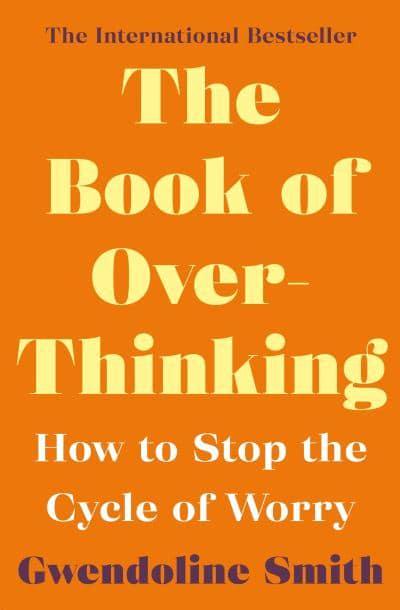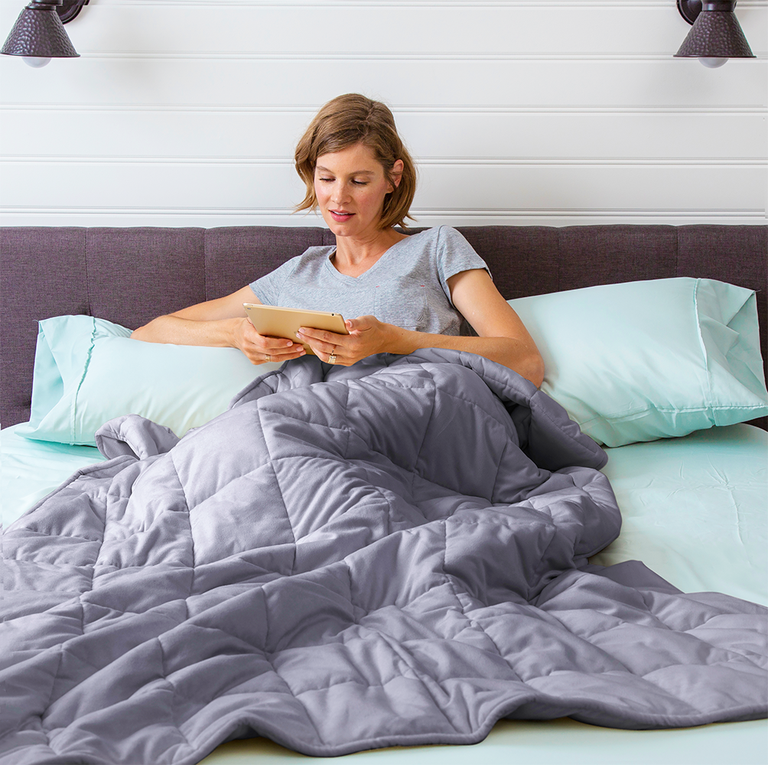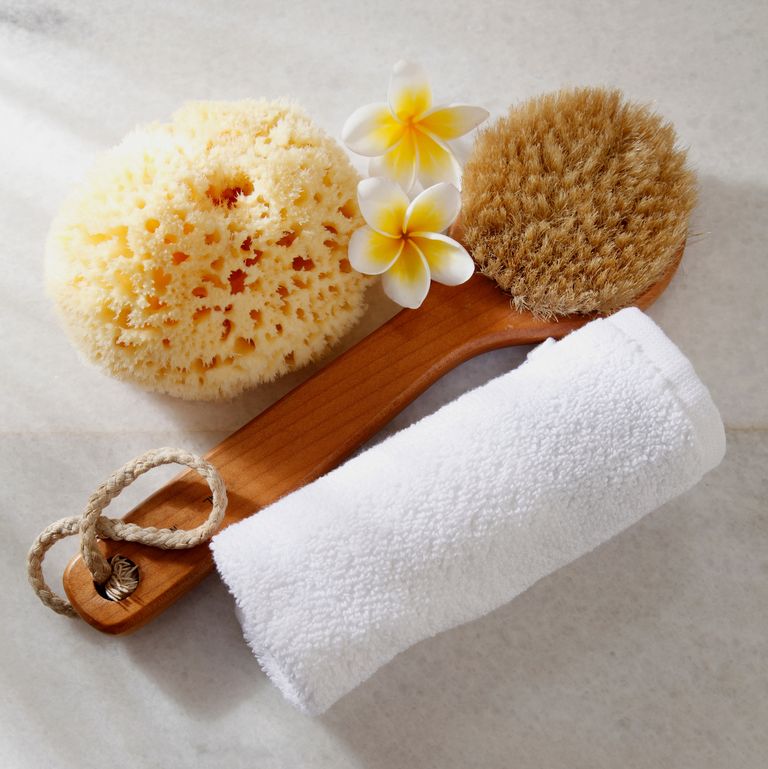Why do we need sleep? It’s as simple as, to rest, relax and recover. Our bodies need to externally switch off at the end of the day to allow it to focus and turn on the maintenance switch internally. We need to make it the most beneficial experience possible for both our minds and our bodies. Sleep most importantly helps our bodies recover and specifically restore and repair our organs, muscles, immune system, hormones and so much more. As we know, it helps our bodies keep strong and healthy as well as our brain function. So, how can we try to sleep better and get the most out of our sleep? Let’s talk mindfulness…
Schedule
Are you aware of your sleep cycle? Do you know when you usually get tired and when you naturally wake up? The most important thing is that you should start trying to sleep and wake up at the same time every day. Depending on your schedule, it will vary but try to be mindful and understand your needs as well as your work day routine requirements. Napping is helpful but only when it’s up to 20 minutes. One trick is to drink a bit of coffee before napping so it kicks-in in approximately the same time it is to wake up. When it comes to weekends, don’t sleep in, just nap longer in the afternoon. If you wake up only with an alarm, that means you have to tweak your sleep schedule to make it as ideal as possible where you wake up naturally and satisfied without an alarm. One interesting tip to keep in mind is to reserve your bed for sleep time only, condition your mind and body to understand the purpose and value of your bed.Exercise
Are you exercising? And when are you exercising? We all know that exercising is a good way of exerting energy, therefore, one of the reasons why we eventually feel tired. Physical activity also helps tear your muscle fibres leading to your muscles eventually requiring a good night’s sleep to rebuild and strengthen. Exercise also releases endorphins that make you feel good and happy as well as cortisol which increases your metabolism and body temperature, meaning it’s not the best idea to work out before your bedtime. Don’t forget that breathing and stretching are also low intensity forms of exercise that also may help you sleep earlier and increase your sleep benefits.Light and Noise
Are you aware of the lighting around you throughout the day? You should try to expose yourself to natural light during the day and less through to the night. Our brains release more melatonin (a hormone that helps you sleep) when it is dark. Consequently, limit yourself from bright and backlit devices the closer you are to your bedtime. Keep your room cool, dark and as comfortably silent as possible to keep your body aware of its soon-to-be dormant mode and biological clock timing. We have to teach and train our bodies to align ourselves to the ideal, our preferred and most beneficial sleep cycle possible.Food
Are you mindful of what you are eating closer to the time you should be going to bed? Go for light dinners full of protein to help your muscles recover with a bit of carbs to help you get tired and feeling sleepy. Avoid caffeine and nicotine more towards the evening and decrease the amount of fried foods, bad carbs and refined sugars from your general diet to avoid energy bumps and late night heartburn. Try to increase your consumption of foods that are rich in magnesium, selenium, potassium, calcium, melatonin and/or fatty acids such as chickpeas, lentils, beans, seeds, spinach, nuts, whole grains, bananas, cherries, kiwis and salmon. Lastly, try not to leave the most of your beverage intake to the evening hours as we would want to reduce and limit the number of bathroom trips during sleep.
When it comes to our sleep, make your goal to relax and not to sleep, do not over stress yourself by thinking about sleeping. Be mindful, create an environment and gradual routine to get you into your sleep zone, find and balance that zone and keep it consistent. Be aware of your mind and the games it is playing and try mitigating those risks by beating your mind to it. Do not let the worries of tomorrow get you tired before the new day even starts. Teach and train yourself to not worry, manage your stress and calm your own mind with your mind. If you have any other tips, please let me know by reaching out to me on my Instagram.
Are you aware of your sleep cycle? Do you know when you usually get tired and when you naturally wake up? The most important thing is that you should start trying to sleep and wake up at the same time every day. Depending on your schedule, it will vary but try to be mindful and understand your needs as well as your work day routine requirements. Napping is helpful but only when it’s up to 20 minutes. One trick is to drink a bit of coffee before napping so it kicks-in in approximately the same time it is to wake up. When it comes to weekends, don’t sleep in, just nap longer in the afternoon. If you wake up only with an alarm, that means you have to tweak your sleep schedule to make it as ideal as possible where you wake up naturally and satisfied without an alarm. One interesting tip to keep in mind is to reserve your bed for sleep time only, condition your mind and body to understand the purpose and value of your bed.Exercise
Are you exercising? And when are you exercising? We all know that exercising is a good way of exerting energy, therefore, one of the reasons why we eventually feel tired. Physical activity also helps tear your muscle fibres leading to your muscles eventually requiring a good night’s sleep to rebuild and strengthen. Exercise also releases endorphins that make you feel good and happy as well as cortisol which increases your metabolism and body temperature, meaning it’s not the best idea to work out before your bedtime. Don’t forget that breathing and stretching are also low intensity forms of exercise that also may help you sleep earlier and increase your sleep benefits.Light and Noise
Are you aware of the lighting around you throughout the day? You should try to expose yourself to natural light during the day and less through to the night. Our brains release more melatonin (a hormone that helps you sleep) when it is dark. Consequently, limit yourself from bright and backlit devices the closer you are to your bedtime. Keep your room cool, dark and as comfortably silent as possible to keep your body aware of its soon-to-be dormant mode and biological clock timing. We have to teach and train our bodies to align ourselves to the ideal, our preferred and most beneficial sleep cycle possible.Food
Are you mindful of what you are eating closer to the time you should be going to bed? Go for light dinners full of protein to help your muscles recover with a bit of carbs to help you get tired and feeling sleepy. Avoid caffeine and nicotine more towards the evening and decrease the amount of fried foods, bad carbs and refined sugars from your general diet to avoid energy bumps and late night heartburn. Try to increase your consumption of foods that are rich in magnesium, selenium, potassium, calcium, melatonin and/or fatty acids such as chickpeas, lentils, beans, seeds, spinach, nuts, whole grains, bananas, cherries, kiwis and salmon. Lastly, try not to leave the most of your beverage intake to the evening hours as we would want to reduce and limit the number of bathroom trips during sleep.
When it comes to our sleep, make your goal to relax and not to sleep, do not over stress yourself by thinking about sleeping. Be mindful, create an environment and gradual routine to get you into your sleep zone, find and balance that zone and keep it consistent. Be aware of your mind and the games it is playing and try mitigating those risks by beating your mind to it. Do not let the worries of tomorrow get you tired before the new day even starts. Teach and train yourself to not worry, manage your stress and calm your own mind with your mind. If you have any other tips, please let me know by reaching out to me on my Instagram.
Source : https://www.gulf-times.com/story/637447/Are-you-getting-the-most-out-of-your-sleep
More on Relaxation






Leave A Comment
You must be logged in to post a comment.